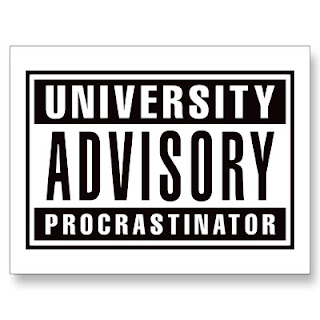As the semester comes to a close I, like any other college student, am anxious about finals and look forward to the break of the holidays. At Georgia Tech the students get Thanksgiving and the
 following Friday off. Then there are finals and the semester ends after the second week of December.
following Friday off. Then there are finals and the semester ends after the second week of December. The policy at Georgia Tech, and other institutions with a similar policy, can be confusing and frustrating – specifically with Thanksgiving. Unofficially, the Wednesday before Thanksgiving is an off day and whether classes are held t is up to the professors. I normally have three lectures and a recitation on Wednesdays and all but one class has been canceled. I have quiz that day in the class that is not canceled so attendance is mandatory. This makes it very difficult to get home before the holidays because as an out-of-state student I have a long distance to travel home. On the other hand, students whose professors have canceled their classes get an extra day off without penalty.
Complaints such as mine are certainly not uncommon and because of student complaints policies among colleges vary. Some colleges have addressed the problem by giving the entire week off since many were leaving early anyway.
Winter break policies are varied also. For example, until recently Harvard held it’s finals after the winter break. Personally, I would find it hard to study and enjoy the holidays with my family, but there are some students who would rather have their finals after the break. When all is said and done, students want to maximize on their vacations as much as possible. Whether that be by study, spending time with their family, or partying is dependent on the student.










